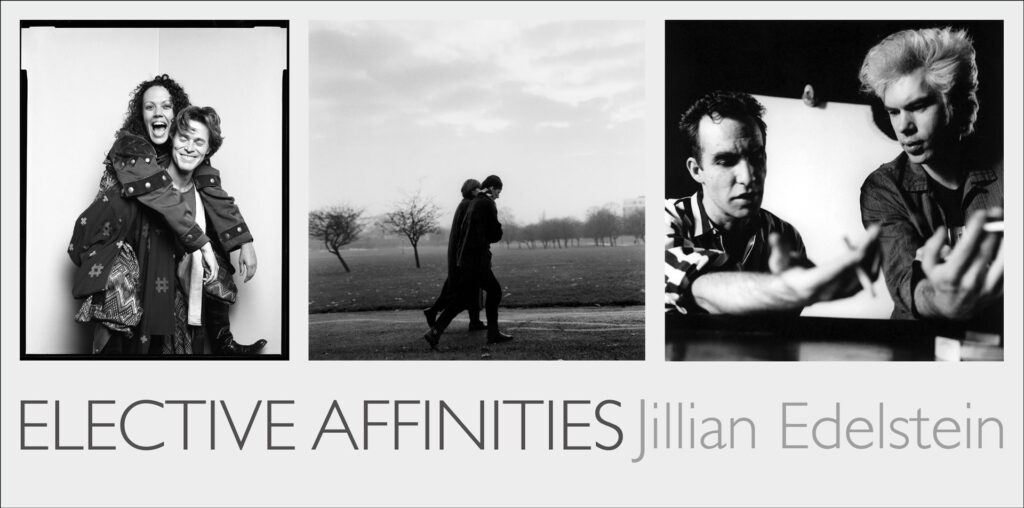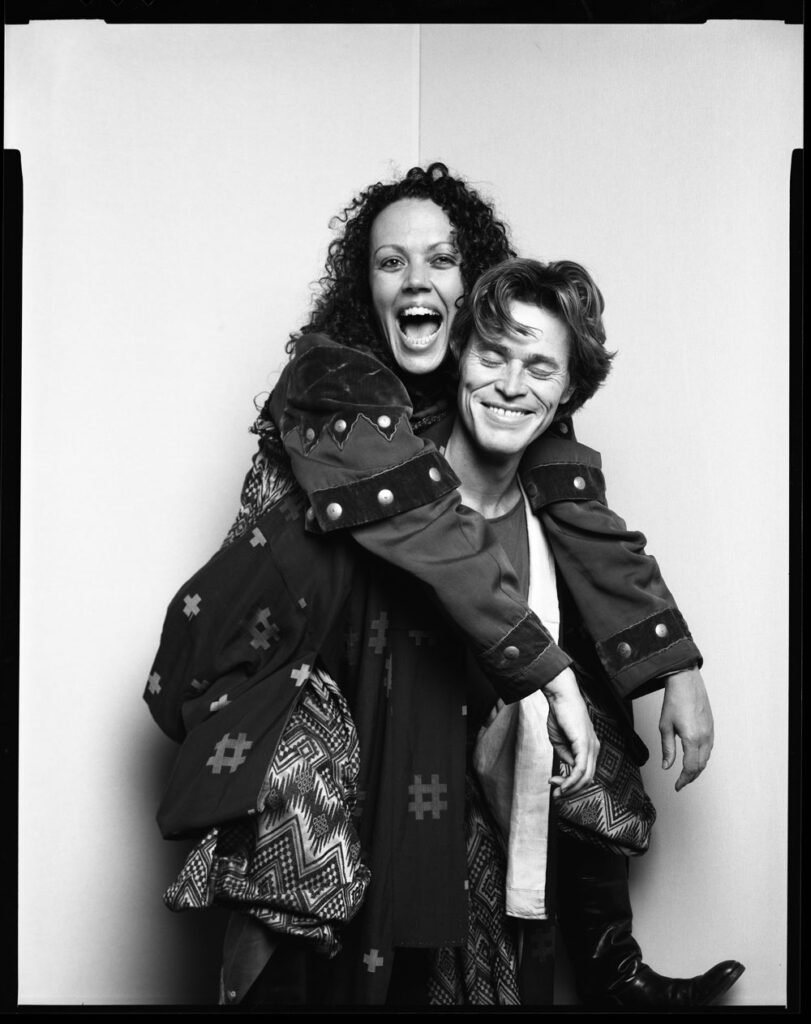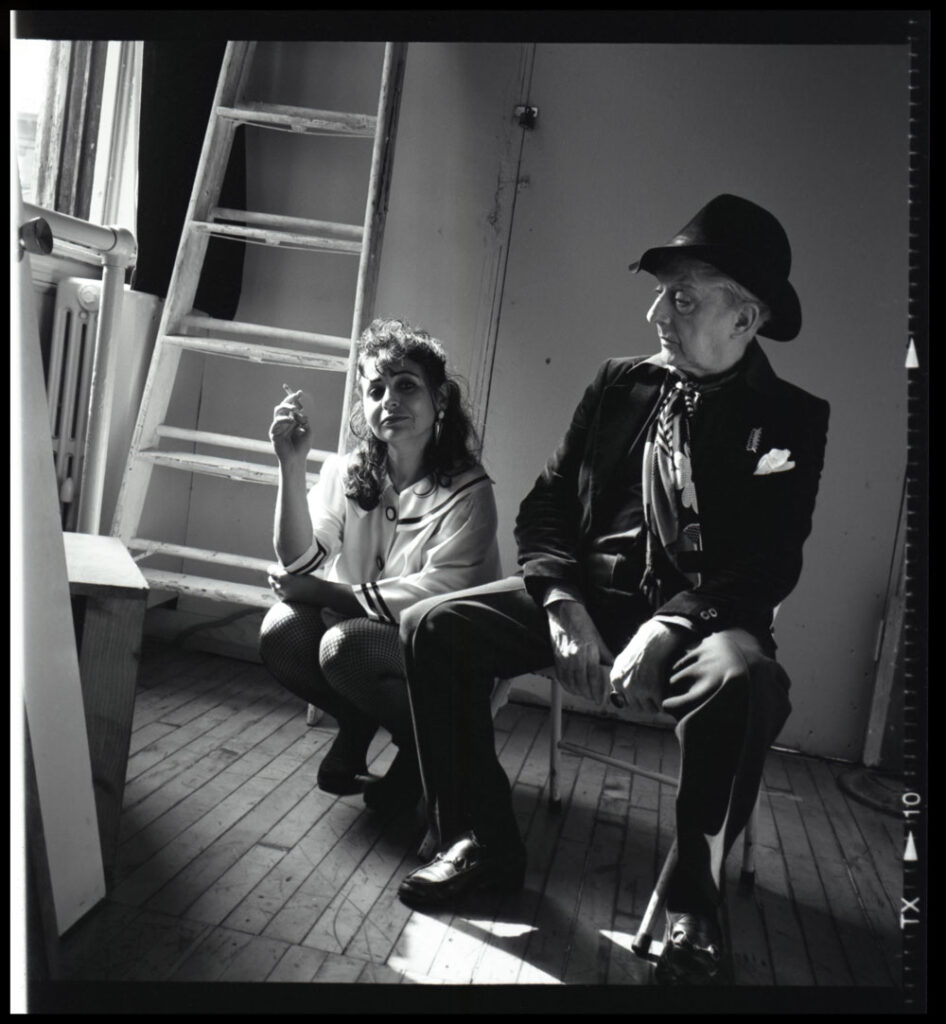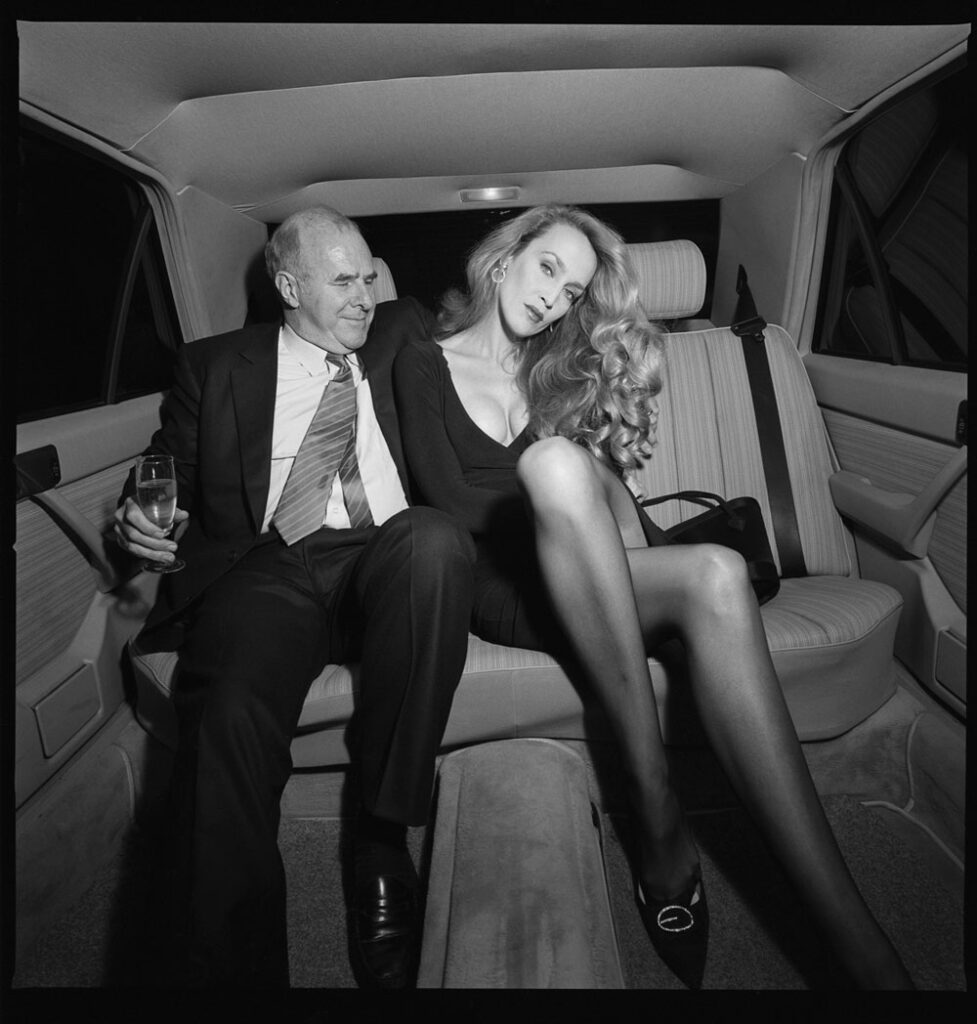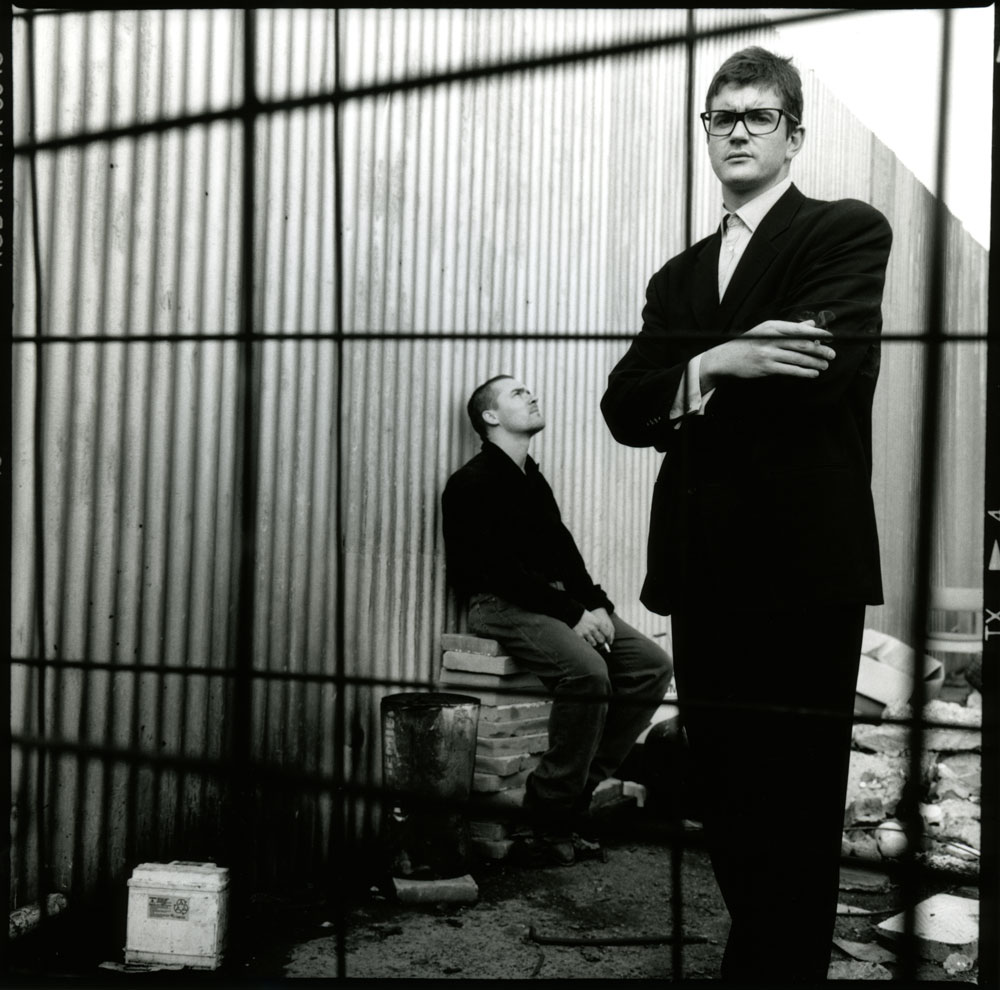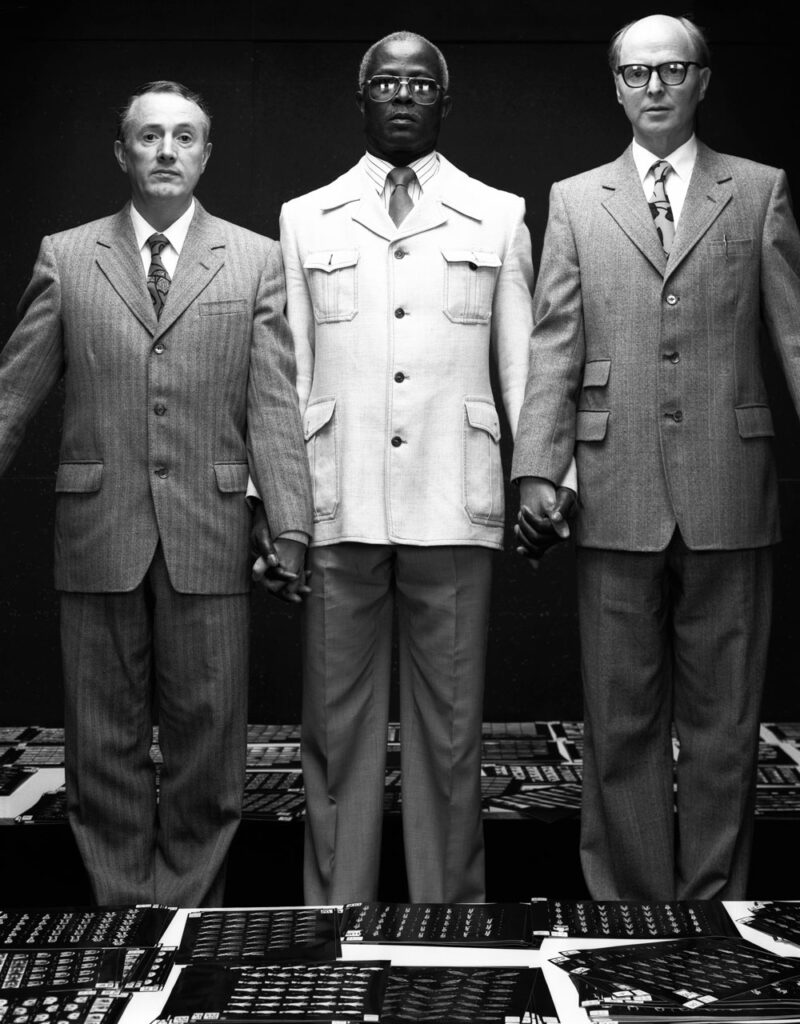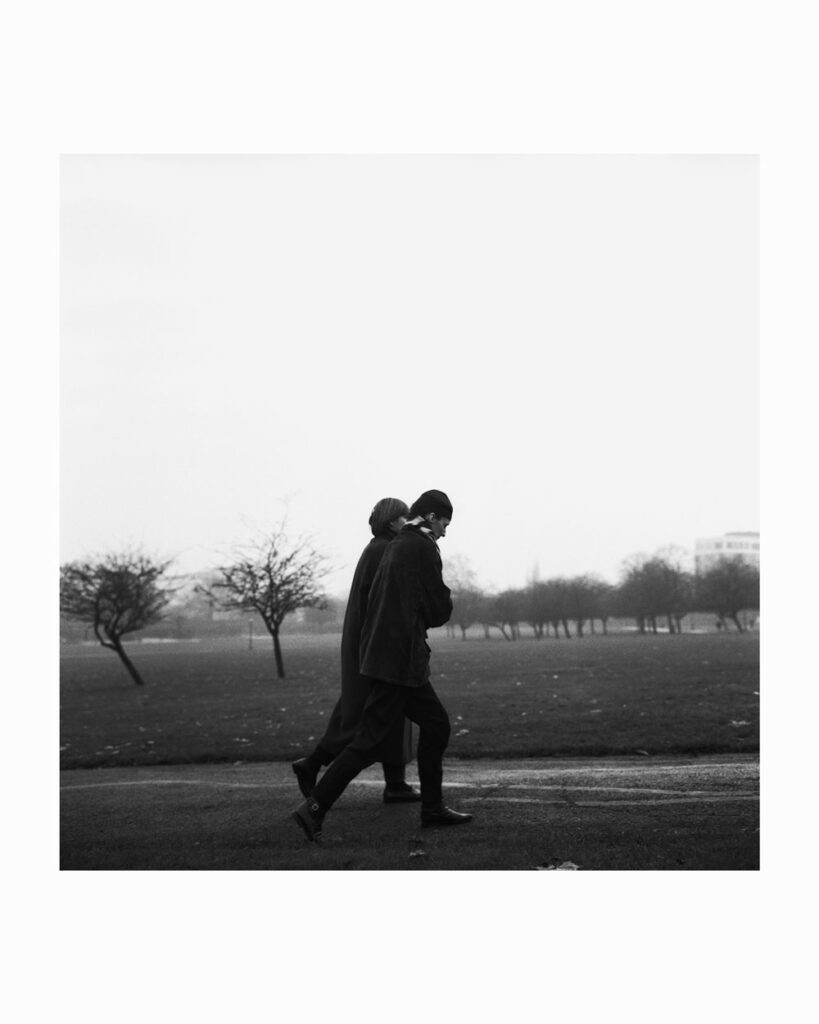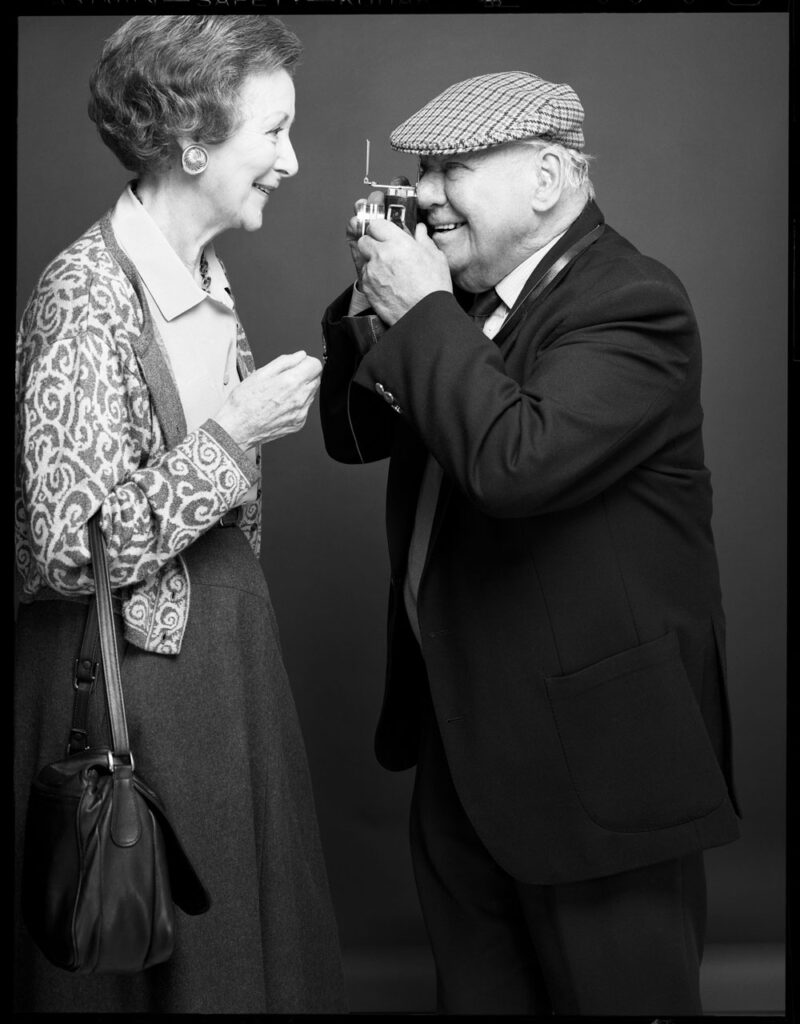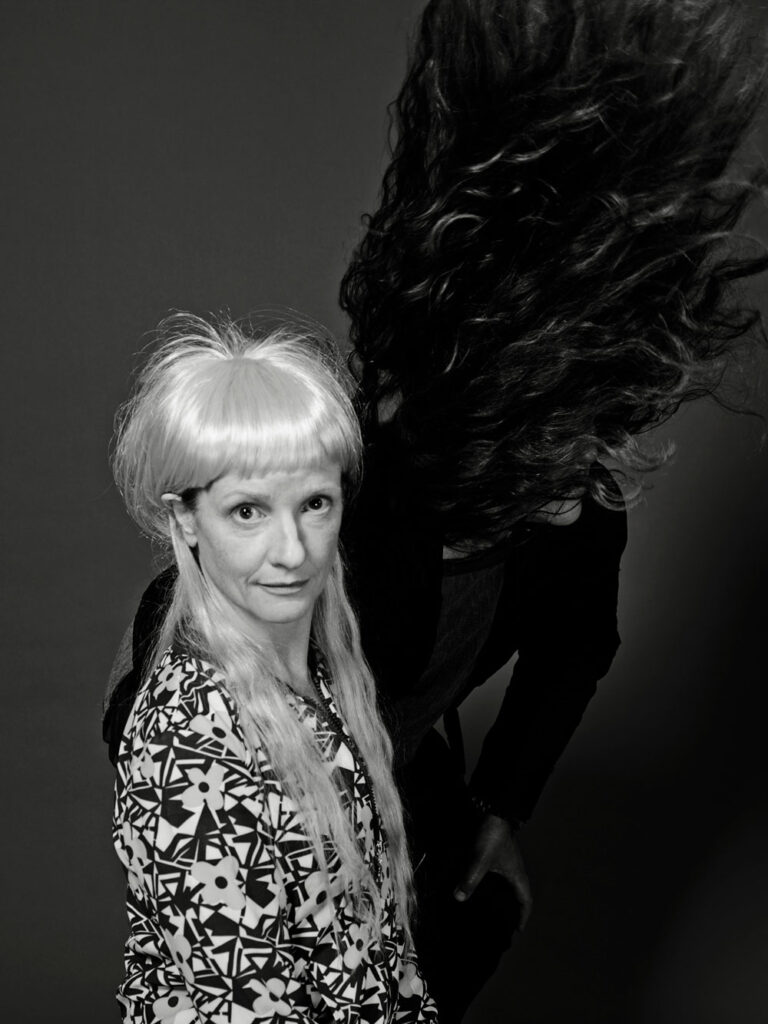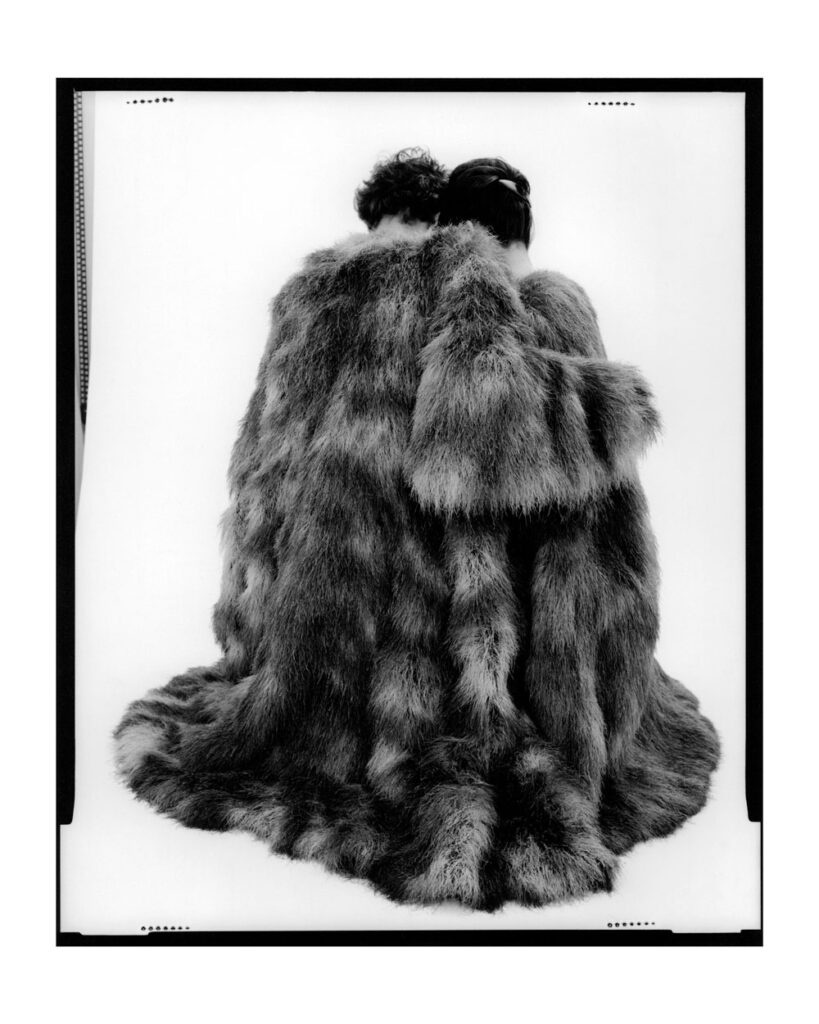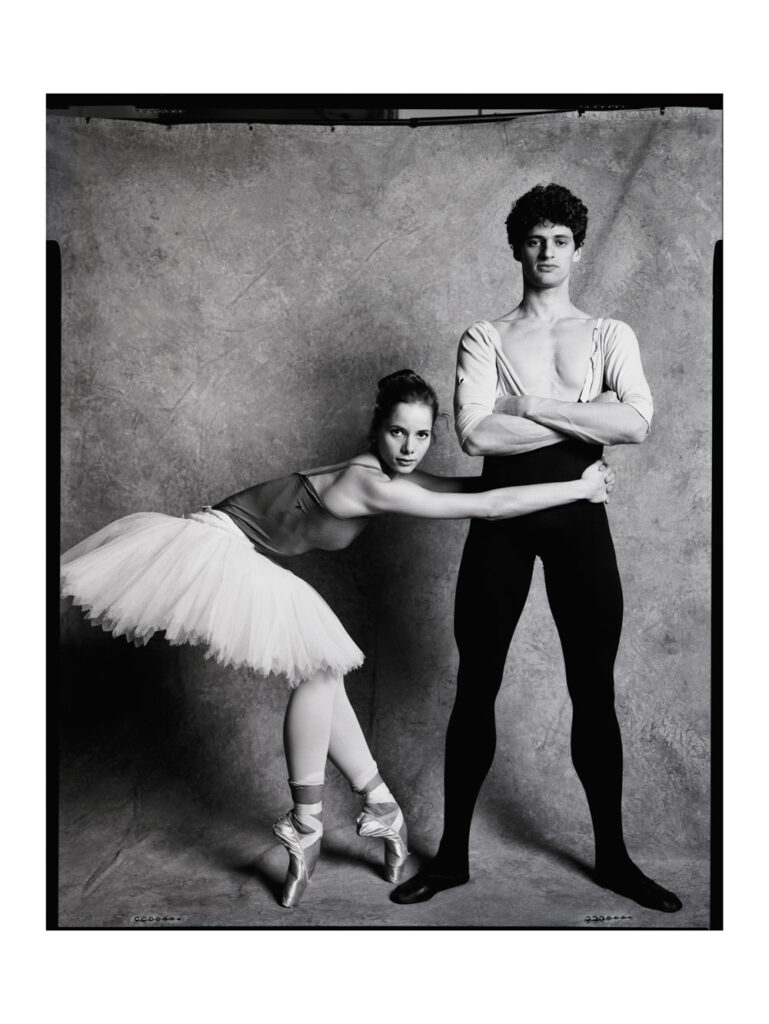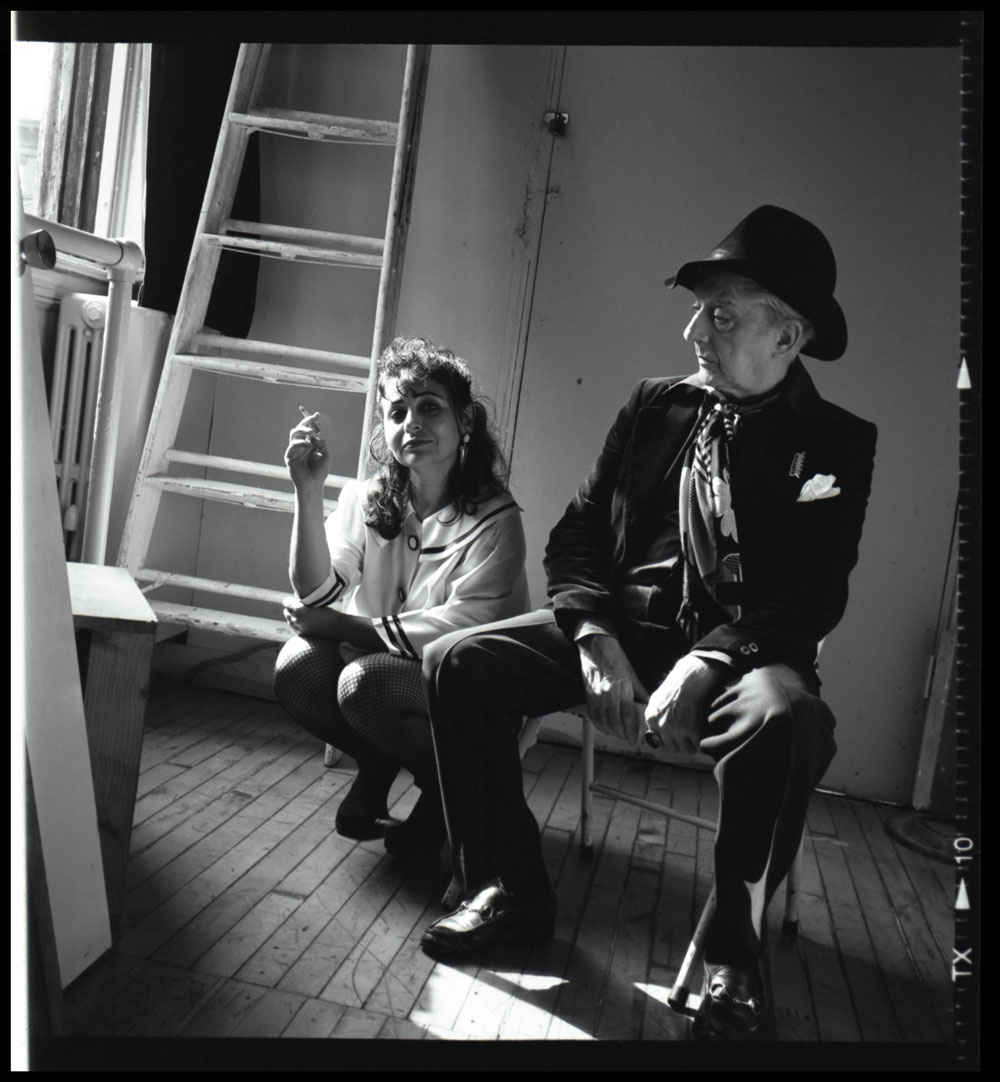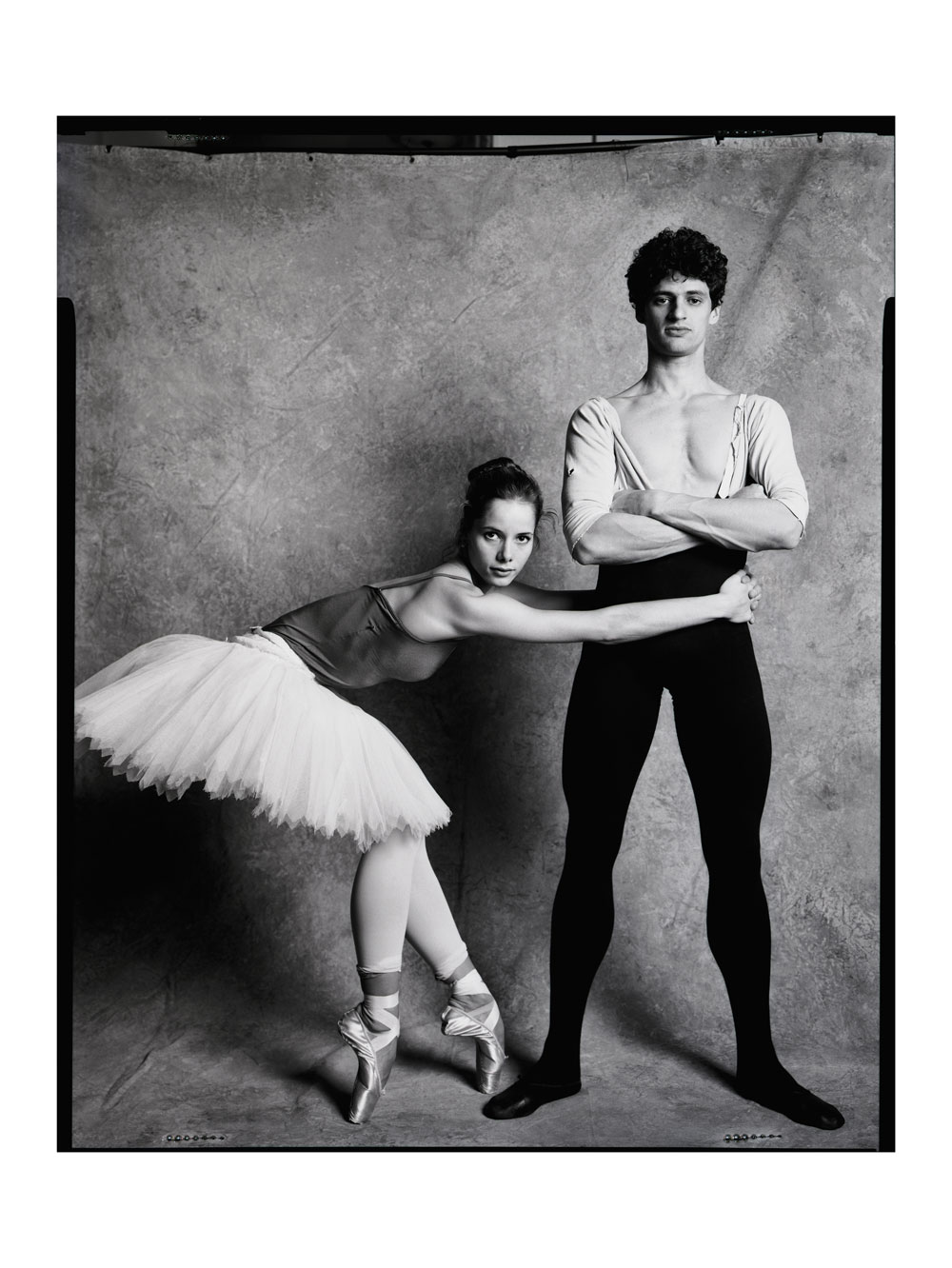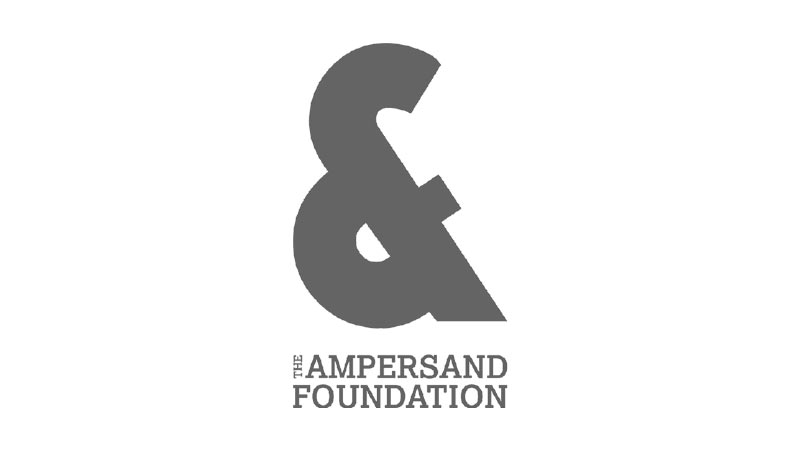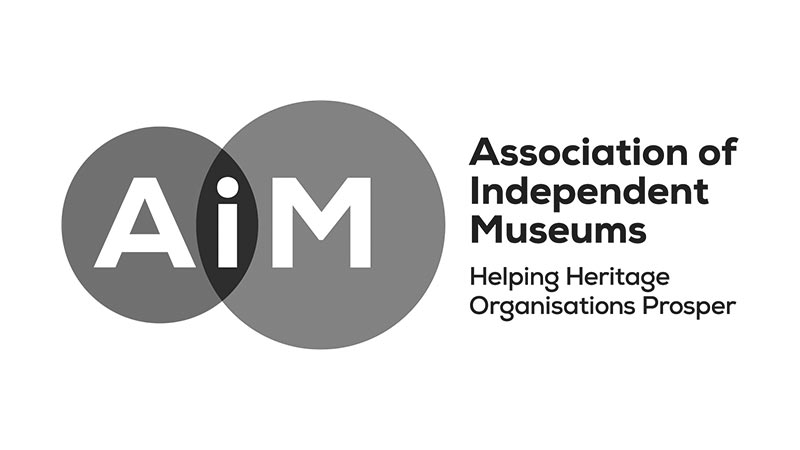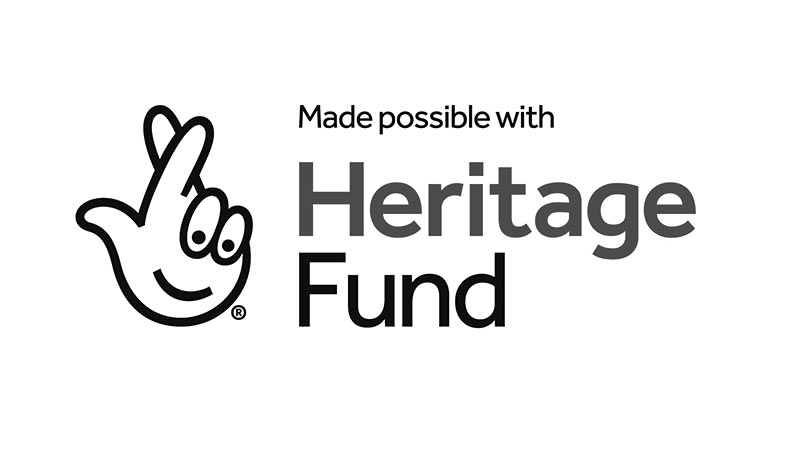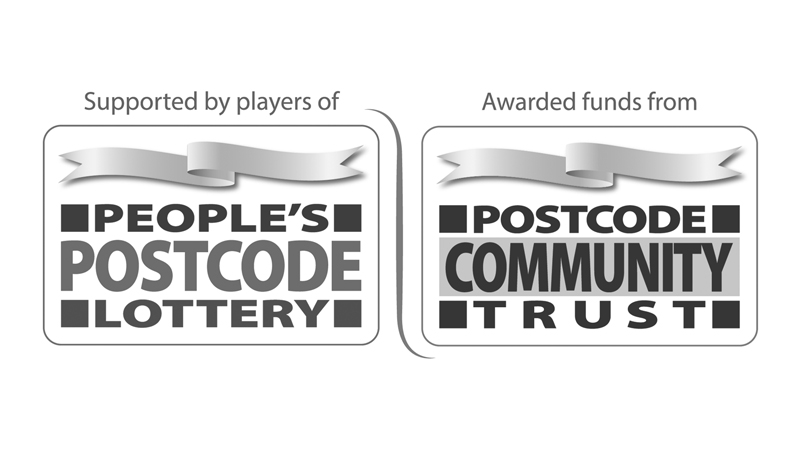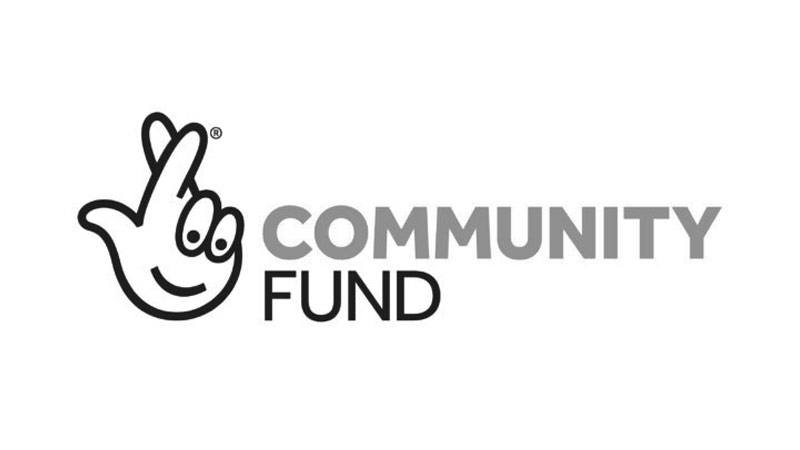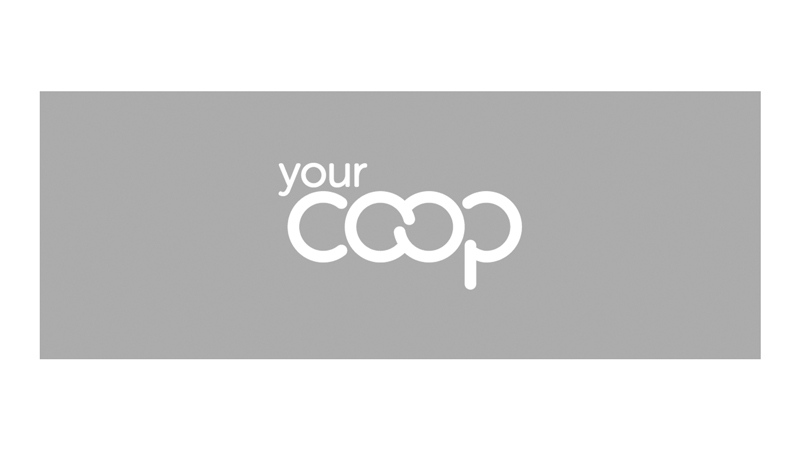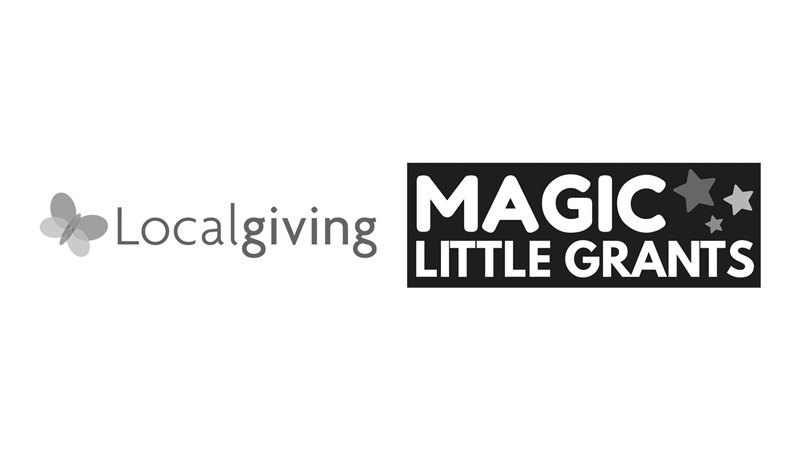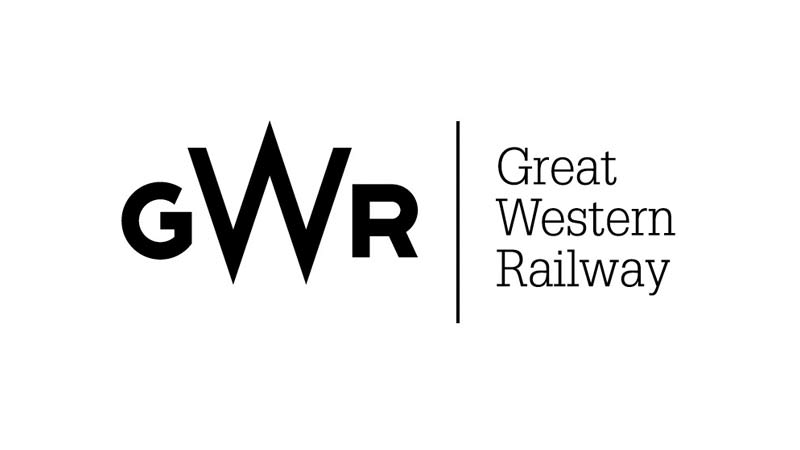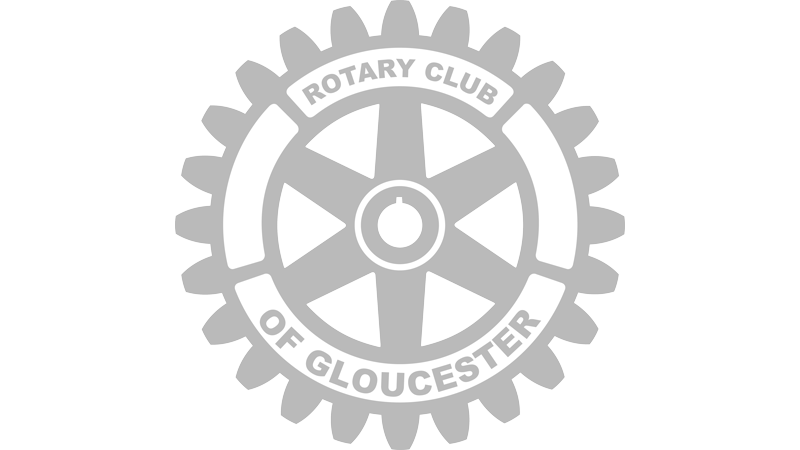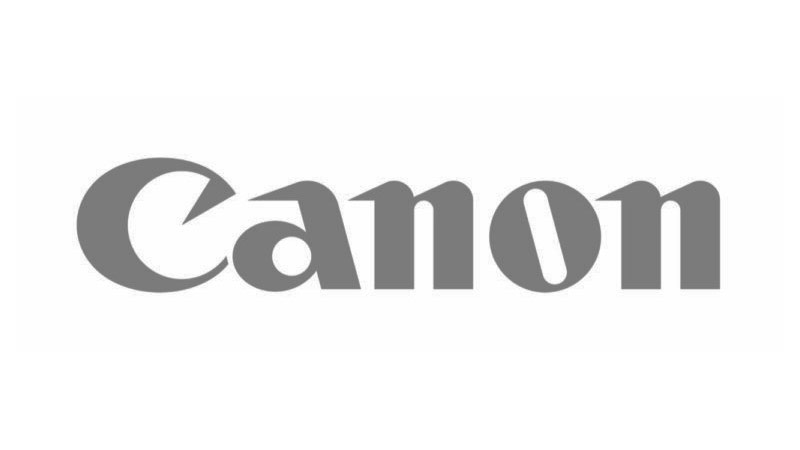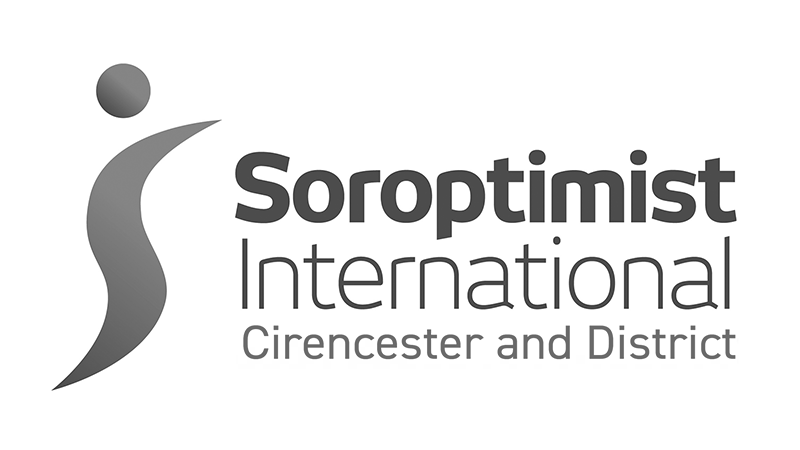Jillian Edelstein
Acclaimed photographer Jillian Edelstein has been photographing marginalised and forgotten communities since she began her career as a press photographer. She grew up in South Africa, and started out in Johannesburg photographing for the Rand Daily Mail and The Star. Jillian has published an award-winning book Truth and Lies, that captures the five years of trials and public hearings for the Truth and Reconciliation Commission.
After studying photojournalism at the London College of Printing (now London College of Communication), she stayed in the city and set out to capture portraits. Over her illustrious career she has been recognised with the Visa d’Or, the John Kobal Book Award, and the Kodak UK Young Photographer of the Year Award. She has exhibited all over the world including the Bensusan Museum (Johannesburg), Robben Island Museum (Cape Town), L’Espace Van Gogh (Arles) and Sotheby’s (Paris), the Photographers’ Gallery and the National Portrait Gallery (London).
She has moved from photojournalism, to expressive portraits for international magazines like Vanity Fair, Time Magazine and The New Yorker, and campaigns like the 2012 Olympics and Comic Relief.
Jillian was compelled to photograph and be connected to communities that are often forgotten, in part owing to her early memories of growing up in South Africa. She grew up with a Zimbabwean couple who worked in her family home, she remembers being blanketed on Gertie’s back and being enveloped by her warmth. Then the day came when the authorities came looking for the couple’s legal papers. “I remember the experience of having to hide them when people came looking for their ‘DOMPAS’ (that translates as ‘dumb pass’). Having to hide two people that I completely adored from the security police had a huge effect on me”.
From this young age she says she had a visual awareness in part thanks to her mother, who also shaped Jillian’s artistic outlook. Growing up, she would accompany her mother, a social worker in the community, and be constantly in and out of townships witnessing injustice on a large scale. After studying Social Sciences her first job was as a case study worker; visiting prisons and communities that were being torn down such as District 6. Jillian would interview and sometimes photograph the people she met, which is really where everything began.
“It informs me always, and if I had not grown up in a society where people were legislated because of the colour of their skin, it may have turned out otherwise, I may have been a fashion photographer”. Jillian kept returning to tell the stories of the people in these communities. During the Truth and Reconciliation hearings she would set up a makeshift studio next-door and photographed both the victims and perpetrators, which made up her much lauded Truth and Lies book.
“Everything takes time, I had no idea that the book would take me five years when I started. I often have no idea how something will develop in the beginning, it’s organic and it’s meant to be that way.” In all of her projects she explains it is an absolute unwillingness to give up, which really lays the foundation for the way the projects can breathe and develop.
After Truth and Lies came Sangoma, a large format project in colour about traditional healers in South Africa with very little written about them. The community of Sangoma relies on oral history and this groundbreaking project gave Jillian an understanding of how deeply cultural and ingrained their knowledge is. “The Sangoma are called by their ancestors to heal and if they don’t heed the calling bad things start to happen. At the same time that I was working on this, I was discovering that there was a missing branch of my family [Jillian’s search for Great Aunt Minna in Eastern Europe is the focus of Here and There] and working on those two projects tangentially was really quite profound”. Knowledge is passed down from generation to generation. Nowadays if you look at the South African medical website the Sangoma are sometimes incorporated into the medical tradition.
For those that love her work there is a deeper learning from looking at just one of her photographs. “Truth and Lies, Sangoma, touched me deeply in terms of my emerging as an artist and visual person, and it has always been about sharing. If we want to call sharing educating then yes, it’s about educating too”.
From those earlier works to other projects like Adrift, Young Men Worst Fears, Affinities as well as Jillian’s foray into documentary filmmaking, being present is as much a driver as ever. “You know from Diane Arbus looking from behind your window pane, that idea of being witness to something that you feel is important to document never goes away. I come from a position of being white and privileged in South Africa, and I guess that gave me a drive to champion “the underdog”.”
Working with people who may go unseen in history otherwise there is an integrity and calm stillness to Jillian’s work. They are stories. And recently her past subjects came back to her in Behind the Colorama, a series which takes them out of their reality and explores escapism and entertainment in a new way. “It was in lockdown when, for the first time, I showed a friend of the family the Behind the Colorama series. She watched them back to back and was having so much fun watching them. It was the first time I’d seen someone get real pleasure from them and that was thrilling for me. That was the first time that I thought maybe what we need now is escapism, entertainment and to be educated at the same time.”
Things have shifted throughout Jillian’s career, from analogue to digital, print to online, and she says there has been change too in the presence of females in the industry. “One has to be incredibly resilient, doubly persistent and hardworking as a woman. For me as a single mother with two kids and no family around it was very tricky. Since the eighties and nineties there has been a shift with more women taking up positions in the media.” Her perception is that the industry has leaned more to favour men, something she noticed from starting out as a press photographer, and observing many of her female classmates drop out of the LCC photojournalism course. “There’s always been a need to find places where women can feel free to have their presence felt in a stronger way”.
Looking forward, Edelstein would love to see her feature documentary about Norman Wexler out in the world, have Here and There: the Search for Great Aunt Minna published, and exhibit with a book alongside it. In fact in 2021 Jillian is looking to exhibit Affinities at Rui Freire Fine Art in Lisbon. “My projects seem to be like little spirits around me and I do feel blessed to have them; they are ever evolving”. Everything needs time and Jillian is really content to readdress her work and see what may have changed and find how the time away may have shaped and shifted what it communicates.
By Louise Sinnerton
all images © Jillian Edelstein

